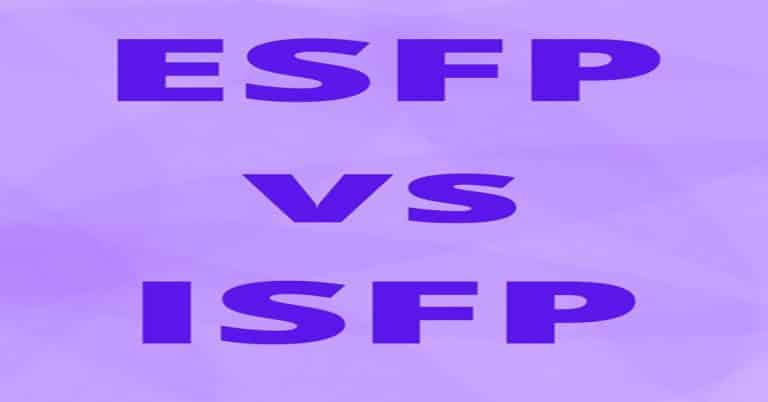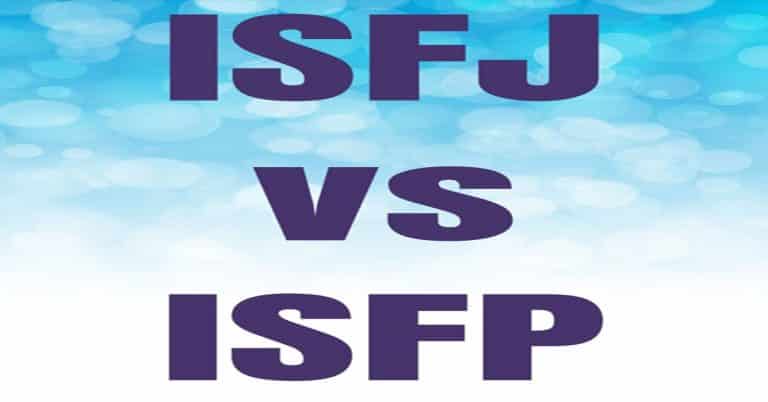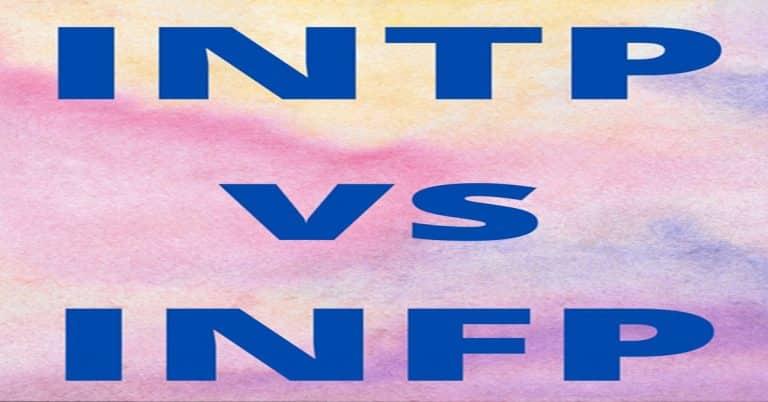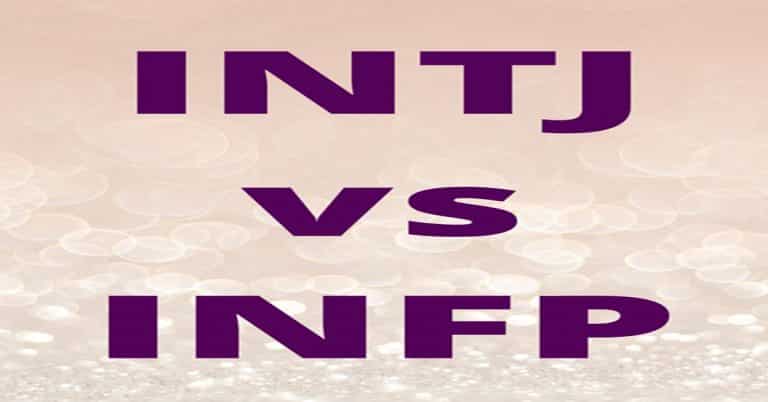ISTP vs ISFP
Contents
How They Get Along and What They Look Like in Relationships
The difference between Thinking (T) and Feeling (F) personality functions can create a major challenge in the compatibility of Myers-Briggs’ 16 personality types. While Introverts (I) and Extroverts (E) perfectly get along on some occasions, as well as people with Sensing (S) and Intuition (I), or Perceiving (P) and Judging (J) traits, when it comes to Thinking and Feeling, things get much more complicated. That’s why discussing ISTP vs ISFP is a little bit harder than comparing other personality types of MBTI.
ISTPs use introverted thinking (Ti), while the main function of ISFPs is introverted feeling (Te). These two basic traits create so many differences that it’s hard to confuse these personalities. However, people often wonder what their compatibility level is and whether they can build a satisfying relationship. In this article, we will review ISTP and ISFP briefly, compare their main characteristics and see if they get along.

ISTP – Introverted | Sensing | Thinking | Perceiving
ISTPs are people with excellent logical and analytical skills, great knowledge, and the ability to remember small details. As a result, they tend to find solutions even to the hardest problems immediately. They never get bored of thinking about abstract concepts and argue about theoretical ideas. They are oriented towards getting results and identifying the exact reasons for existing problems.
Due to their practical solutions, they are also called the Crafters. ISTPs are adventure-lovers, always excited to take part in new challenges and find out more about the world. They never hesitate to take risks, but only if the situation doesn’t slow down their progress. Most of the time, they don’t feel sensitive about others and even enjoy judging them sometimes, but only by using objective arguments.
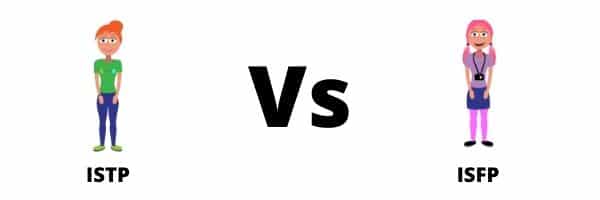
ISFP – Introverted | Sensing | Feeling | Perceiving
ISFPs have creative potential. They are quiet, peace-loving people who take care of others and never hesitate to help them with their unique ideas. They find harmony in life essential and would do anything to avoid unpleasant situations. They usually take part in practical activities, value the present and live an easy-going life. They are extremely empathetic, can feel what others feel, and accept people with their strengths and weaknesses.
At a first glance, ISFPs seem dreamers but actually, they are practical people who are oriented on details and have a hands-on approach in every area of life. They hate to think about theoretical concepts and take part in arguments in general. Although they care about others, due to their introverted nature, they often have a need to spend time alone to deal with the problems on their own.
ISTP vs ISFP – What Are The Main Differences Between Them
As we already pointed out, the key difference between ISTP vs ISFP is rationality and emotionality traits, respectively. The opposition of feelings vs thinking has been a major problem in human relationships even back in ancient cultures. Socrates, Aristotle, Plato, and other Greek philosophers used to argue about the importance of these two states and compare thinkers with impulsive people.
A lot of things have changed afterward but the difference in Thinking (T) and Feeling (F) traits still makes sense. Actually, that’s the main problem when it comes to the compatibility of ISTP and ISFP. Let’s compare their leadership styles, values, and attitudes towards romance and see how much they look alike.
Values
- ISTPs believe that taking part in challenges helps them grow personally and as a result, they consider it as something vital. They value adventures and new experiences in life. Therefore, they are ready for changes and easily adapt to new situations. Taking care of others and thinking about how they feel is now valuable for them. Instead, they prefer to logically analyze others’ problems and give them practical advice.
- ISFPs value independence, individuality, and creativity. They are always in search of a sense of freedom. They have a down-to-earth approach to life and believe that their creative thoughts shouldn’t be wasted on abstract ideas and future plans. Instead of that, they try to transform them into practical solutions and bring these ideas to life. They dislike traditions and everything that can distract the process of exploring the world.
Attitudes towards Romance
- ISTPs have difficulty expressing love. But this doesn’t mean that they aren’t romantic people. Actually, they enjoy hugging their partners, making gifts, and showing that they care about them but can hardly do it. Instead of being passionate lovers, they are quiet in relationships. However, they are adventurous, support their partners, and help them solve important problems.
- ISFPs are very affectionate people who value romance in relationships. Although they seem a bit shy sometimes, they have a great ability to express love and understand how their partner feels. However, they are not hopeless romantics and don’t like cliché things like dancing in the rain or watching the sunset together. All they want is to make their partners feel happy.
Leadership Styles
- ISTPs are dominant people who enjoy being leaders. But their leadership style is very informal. They like to communicate with the members of the team, listen to their ideas, and consider their approaches when it comes to making changes and implementing new ideas. They believe that improving the workers’ performance is only possible in a healthy atmosphere.
- Unlike ISTPs, ISFPs are unassertive people. Usually, they don’t want leadership positions but if they happen to be leaders, they prefer a quiet and supportive approach, rather than strictly dominating the team. They don’t like being in the spotlight and usually, remain behind the scenes. However, if the work is personally interesting to them, they will do anything to improve the performance of the team members.
Compatibility Level of ISTP and ISFP
Having plenty of different characteristics makes ISTP and ISFP somewhat incompatible. Personality experts believe that these two types of people are incapable of having perfect relationships. But you should know that although not ideal, their relationships still could work.
First of all, both of them are introverts but they enjoy new experiences in life. Therefore, their relationships won’t be boring just like those of typical introverts’. Besides, Thinking and Feeling personalities can have an interesting dynamic. Specifically, ISFP can help ISTP understand others’ emotions while ISTP can suggest rational ideas. This means that they can ideally balance each others’ strengths and weaknesses.
Conclusion
To sum up, what we already discussed about ISTP vs ISFP, these people are pretty much different from each other. They have different ways of living, different priorities, and thinking patterns, but still, ISTP and ISFP usually find each other attractive. Although their relationships can’t work for a long time, they can take part in interesting experiences together for a short time.



